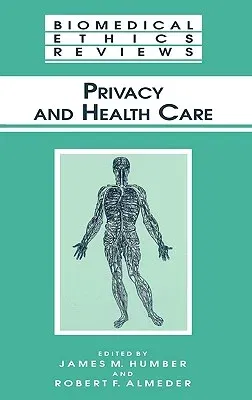Western societies generally recognize both a legal and a moral right to
privacy. However, at the present time there is no settled opin- ion in
the United States regarding how these rights should relate to medical
information. On the one hand, virtually everyone agrees that one' s
medical records should not be open to just any interested person' s
inspection. On the other hand, most also agree that some sacrifices in
medical privacy are necessary for scientific advancement, public health
protection, and other social goals. However, what limits should be set
upon those sacrifices, and how those limits should be determined, have
long been issues of debate. In recent years this debate has intensified.
There are a variety ofreasons for this; to mention only three: (1) Over
the years the US health care delivery system has become increasingly
complex, and with this complexity there has come a need for more and
more people to have access to patients' medical records. With each
transference of information, breaches in confidentiality become more
likely. (2) Medical costs have risen at an alarming rate. This makes
health insurance a virtual necessity for adequate medical care, and
people worry that they will be denied employment and/or medical cov-
erage if certain sorts of medical information are not kept strictly
confi- dential. (3) Finally, many medical records are now kept in
computer files, and the impossibility of guaranteeing confidentiality
for files of this sort is a constant worry.

